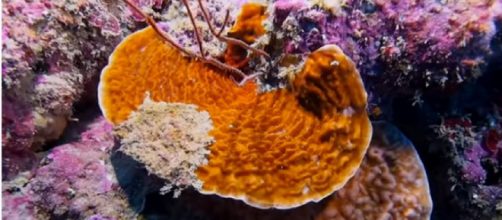Papua New Guinea is an archipelago comprising hundreds of islands. These add up to a vast coastline and unparalleled coral reef biodiversity. These reefs maintain the region's ecological balance and, apart from being a source of food, generate income and provide protection against climatic disturbances like storms.
The women of Papua New Guinea have undertaken the responsibility of conserving their local coral reefs. They are banned from diving, but they have defied traditions. They have started the Sea Women of Melanesia, and the members convinced the communities that they should remove the ban.
Their interest is to conserve their local coral reefs. They are examples of what women can achieve once they are determined.
These women interact with indigenous communities to draw up plans to create and manage temporary marine protected areas. That helps their objective, and the marine lives get a new lease of life. The individual behind this is Evangelista Apelis, a biologist and co-director of the project. She relies on knowledge from the locals. In her words: "They have a whole idea about their sea. They know where they can get the best fish, what species, certain locations, and all that."
Coral reefs are vital to the future of our planet
The project Sea Women of Melanesia has just been recognised by the United Nations Environment Programme (UNEP), winning a Champions of the Earth award.
Inger Andersen, UNEP's executive director, said coral reefs are vital to the future of our planet. She appreciated the work done by the Sea Women of Melanesia.
The project, localized in a small society, is impacting the world. The Sea Women of Melanesia extends training to local communities. They have to monitor and assess the reefs. Based on their feedback, the team can plan to take further action to conserve them.
Climate change, overfishing, and pollution threaten the coral reefs
Coral reefs worldwide have to withstand Climate change, overfishing, and pollution. UNEP says since 2009 alone, almost 14 percent of the world's corals have disappeared. Many of those that remain fall in the category of endangered.
Healthy reefs are essential because they can withstand climate change impacts.
These include ocean acidification and extreme events. However, unless the world takes drastic action to limit global warming, the live coral might gradually vanish. The Sea Women of Melanesia operate in the Coral Triangle. It covers the Great Barrier Reef and the island archipelagos of Melanesia and South East Asia. It is one of the world's premier destinations for underwater tourism. It is also home to a significant fisheries industry, but the surging human populations and waste levels are matters of concern.


